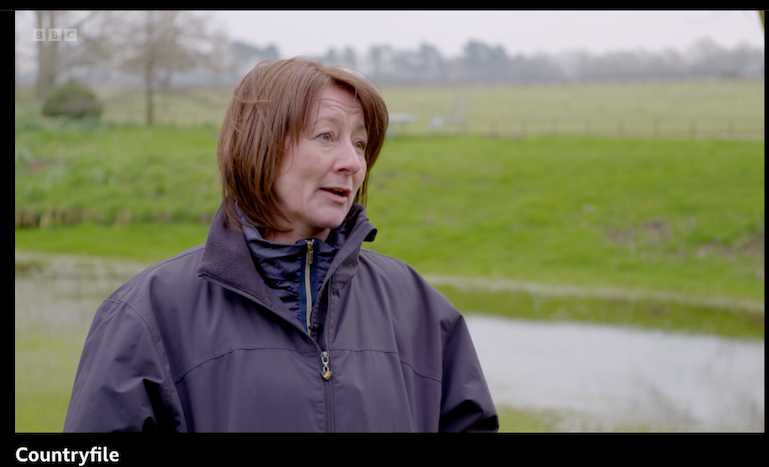UK Solar Alliance
Better Solar - informing choices for Net Zero
Who are we and what do we want?
The UK Solar Alliance is comprised of many action groups and individuals across the UK opposed to unregulated inappropriate solar and BESS development.
It exists as a support group for members to exchange information; provide advice and expertise where possible; to take group action as appropriate by lobbying planners and politicians in a variety of ways and to raise awareness of our concerns through the media.
We urge the government to act now to ensure a clear policy position and a more robust regulatory system is in place to manage the increasing number of applications for solar developments, which considers a broader range of factors than the current National Planning Policy Framework (NPPF) allows for.
What is the problem?
The UK Solar Alliance acknowledges the importance of renewable energy sources. We accept that solar energy has a part to play in supplying renewable energy where appropriate.
However, there is a clear policy conflict within government which seeks to protect and enhance our domestic production to maintain food security, but is encouraging the growth of renewable energy on valuable farmland and areas of high amenity.
The alliance is concerned about this increasingly considerable loss of land and inadequate policies to protect it, and believes that no solar farm should be approved for development on greenfield land until their collective impact on the environment, biodiversity and food security is fully understood.
In 2019 it cost £11.5 billion to import just fruit and vegetables. We are losing good quality land due to pressure from industrialisation, plus residential and infrastructure demands. If we don’t protect our farmland, we will import even more of what we eat. Importing food is, of course, not green.
Here are some more headline facts to consider:
We import 40% of our food this could rapidly increase to 50%. This food will not be readily available and if it is it will be costly. Ukraine produces 12% of the world's wheat.
Ukraine and Russia produce over 35% of the world's wheat exports.
The UK imports 15% of its milling wheat requirements.
The price of wheat on the futures market for July is around £300/t at last harvest it was £200/t.
Fertilizer prices are approaching £1000/t, in July of last year they were just £180/t. The expectation is that most farmers will reduce fertilizer inputs by at least 20% thereby reducing crop yields.
Bioenergy crops and solar farms have accounted for a 3.3% loss of arable land in the last year future predictions are for a further 6.5% loss.
Food security is critical and cannot be ignored. Food poverty could be the norm for many.
We also want to educate. You will likely have come across the ‘greenwash’, driven by the ‘greenrush’, the convenient spin that does not tell the whole story and has the potential to ruin a solid green future. We are gathering useful documents here on the information page from a wealth of well-informed experts. Please have a good read before you make a decision on where you sit.
If we truly want to be green, we must look closely at the bigger picture and make sure we do not make poor short-term decisions.
Join us
Membership is open to all groups who support the principles outlined above. We are also looking for more specialists to join us if they are able to assist. In both cases, please click the JOIN US button at the top, or click here.
Latest analysis from the UK Solar Alliance published in May 2025 shows the reality of low power solar - the numbers just don’t stack up
Download full report here:
BBC Politics Live - Sunnica NSIP - April 2024 - Click here to play
- Nick Wright, Farmer -
BBC Politics Live - Sunnica NSIP - April 2024 - Click here to play - Nick Wright, Farmer -

UK Solar Alliance on BBC CountryFile
- 6th April 2024 - Click here to play -
UK Solar Alliance on BBC CountryFile - 6th April 2024 - Click here to play -
A secure green future must be built on the foundations of good long-term decisions, not driven by poor short-term commercial gains.
The alliance comes from resident-driven action groups opposing the rapidly growing issue of large-scale solar developments on UK farmland driven by a lack of clarity from conflicting government policies.



